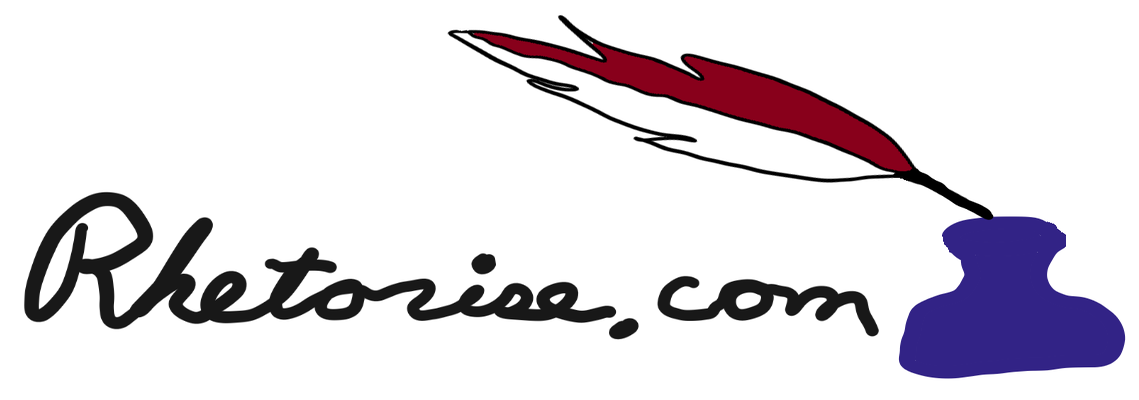What is ‘obstruction of Congress’? Reading the articles of impeachment against President Donald John Trump we find a concise answer to this question could be “The abuse of executive privilege by the president.” It should be noted, that the president has not actually invoked executive privilege in the many denials of subpoenas of testimony and documents relating to the impeachment investigation, instead, making dubious and completely unprecedented claims of ‘absolute immunity’ in some cases and no justification at all in others. Perhaps he and his legal team have avoided invoking executive privilege precisely because they are not confident that claim can hold up in court. Make no mistake though, these denials are rooted in the notion of the President holding the power to keep some communications confidential which is executive privilege whether they wish to call it that or not.
Executive privilege does not extend to all communications originating or terminating in the executive branch. In fact, precedent has established that it does not even extend to the entirety of presidential communications. Instead, the privileged communication must relate to a “quintessential and non-delegable presidential power” and must be authored or “solicited and received” by the president or a close White House adviser as well. The domain of the communication should also dictate whether executive privilege should apply. By domain, I am referring to both the extent of the parties to the communication and the classification level of the communication as well. Precedent with respect to domain is not as clearly established but the only claims regarding individuals outside the executive branch have occurred under the Trump administration in the cases of Kris Kobach and Corey Lewandowski. These extreme cases of privilege claim have not been tested in the courts. It is certainly common sense, however, that communications whose audience is the public at large and that are also unclassified cannot fit under executive privilege, a construct intended to protect confidential communications. At this point, I would like you to conjure your least favorite president. Interpreting executive privilege to include executive branch communications with the public would be a perverse position to take. Otherwise, a president and that president’s operatives in the executive branch could broadcast whatever story they feel best preserves their power without regard to the truth (or the law for that matter). Then, when Congress chooses to exercise its power to check a perceived violation of trust (or law) in this public narrative from the executive, this president could assert executive privilege to protect this narrative from a test of veracity under oath. In other words, it becomes a license to lie without reproach. And to lie from the bully pulpit no less, the loudest megaphone in the nation.
By this reckoning, a president should not be allowed a blanket denial of any subpoena of testimony of any person, including that president. Congress should have the right to question under oath anybody regarding at the very least their public statements and expect either a truthful answer or an assertion of that individual’s rights afforded by the Fifth Amendment. They do not need to accept a ridiculous claim of executive privilege. In such a testimony, if the witness is asked about something outside of the public domain, an assertion of executive privilege may be appropriate but could be challenged on some other grounds.
According to this justification to deny a claim of executive privilege, testimony can be compelled from both Mick Mulvaney and President Trump himself as both have made public statements about the Ukraine events that are either contrary to evidence collected in the House investigation or need clarification. Mulvaney had a press briefing where he appeared to confirm a conditional link between the release of aid to Ukraine upon an investigation by Ukraine desired by the president. President Trump has made numerous public statements denying knowledge of the efforts by Rudy Guilliani (whom he employs as a personal attorney), Lev Parnas (whom he has been photographed with on multiple occasions), among others, who had been working to get a commitment from Ukraine to do investigations into Joe Biden and his son. Congress has already sought testimony from Mulvaney by a subpoena that has been blocked by an unprecedented blanket denial of all Congressional subpoenas. Congress has not yet sought testimony from Trump himself which appears to be a mistake because it seems warranted because of the ample amount of public communications from Trump that can be challenged to help establish the truth. By the same reasoning, a subpoena of Rick Perry would have also been warranted. It seems like the strategy of the investigation to target mostly lower-level staffers with subpoenas may have been unwise because these people do not have public statements that could stand as justification to nullify the blanket denial of subpoenas. It seems likely that the other subpoenas of testimony (Robert B. Blair, John A. Eisenberg, Michael Ellis, Preston Wells Griffith, Russell T. Vought, Michael Duffey, Brian McCormack, and T. Ulrich Brechbuhl) could ultimately result in a rejection of the denial in the courts on other grounds but that process is excruciatingly slow. It seems the House is hoping the Senate will recognize the need for more testimony to get to the ground truth of this ordeal and deliver the reasoned judgment that we citizens deserve. I am not sure this strategy of hope is wise either, the evidence from the Senate so far has not been encouraging.
Please contact your senators and let them know you expect an informed and reasoned judgment. Whether you believe Trump is guilty, innocent, or not sure, you should want to get to the full and clear truth. A resolution that leaves one half(either half) of us disenfranchised and all of us in the dark is not a resolution at all.
